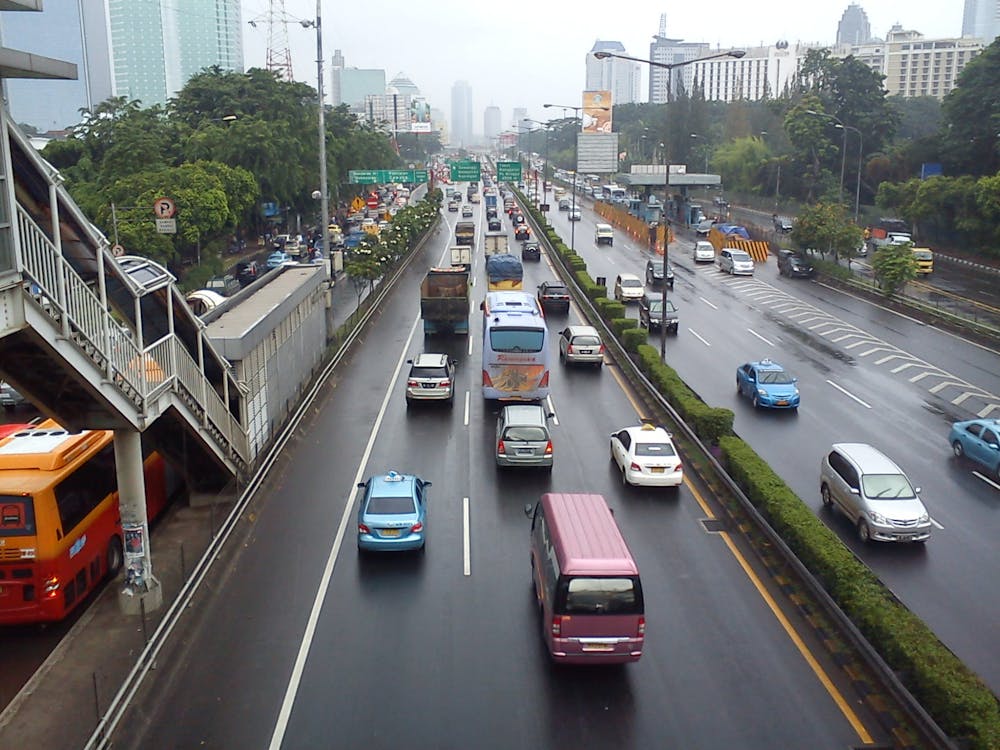Octavia Feliciano
Staff Writer
On Jan. 18, the Indonesian Government approved a bill to relocate their capital. Indonesia’s current capital city, Jakarta, faces problems from overpopulation and global warming that led officials to conclude it is not sustainable as a base of government operations.
The Washington Post reports that plans for a new capital city, to be named Nusantara, will soon be underway in an as yet undeveloped jungle tract on the island of Borneo.
The Indonesian government’s most pressing concern about Jakarta is that the city is sinking. One of the environmental scientists monitoring the issues of flooding and land subsidence that face Jakarta is Dr. Heri Andreas at the Bandung Institute of Technology.
Andreas told reporters with the BBC, “The potential for Jakarta to be submerged isn't a laughing matter. If we look at our models, by 2050 about 95% of North Jakarta will be submerged.”
Andreas and his colleagues identified the major contributing factor to Jakarta’s rapid sinking as the excessive extraction of groundwater from the land in and around the city. The groundwater is being extracted to support the growing population of Jakarta’s everyday needs, like drinking and bathing, as well as its industrial needs. Moving government agencies and personnel out of Jakarta, and with them some of the city’s population and industry, would decrease the city’s demand for water, alleviating one of the major factors causing it to sink.
The decision to move the capital city has been controversial. The land designated to become Nusantara is currently a tract of jungle in the Kalimantan Province of Borneo. Bloomberg reported on environmentalists' concerns about the deforestation and habitat destruction that will result from the development of Nusantara, worried that the new city may repeat the mistakes that have endangered Jakarta.
Greenpeace’s Southeast Asia branch, an organization dedicated to environmental activism in the region, released a statement urging the government of Indonesia to consider that, “The development of the new capital must not impinge on protected areas or nature reserves because that would certainly cause additional deforestation and threaten endangered endemic species such as the Bornean orangutan.”
Bloomberg reports that Planning Minister Bambang Brodjonegoro responded to environmentalists’ concerns, stating that the planned city will be “greener” than Jakarta, employing better urban planning and more parks and open spaces. Brodjonegoro and other government officials have not yet decided on the specific details of the development of Nusantara.
The Javanese word Nusantara translates to archipelago in English. The Washington Post reports the name was chosen for the new capital because it reflects Indonesia's geography and identity as an island nation.
Reuters reported that Planning Minister Suharso Monoarfa spoke to other Indonesian government officials after they had passed the bill, saying, “The new capital has a central function and is a symbol of the identity of the nation, as well as a new centre of economic gravity.”
Monoarfa told reporters with the Washington Post that the initial phase of relocation is planned to begin within the next two years. Monoarfa stated that the Indonesian government does not anticipate the development of Nusantara will be completed until 2045.







